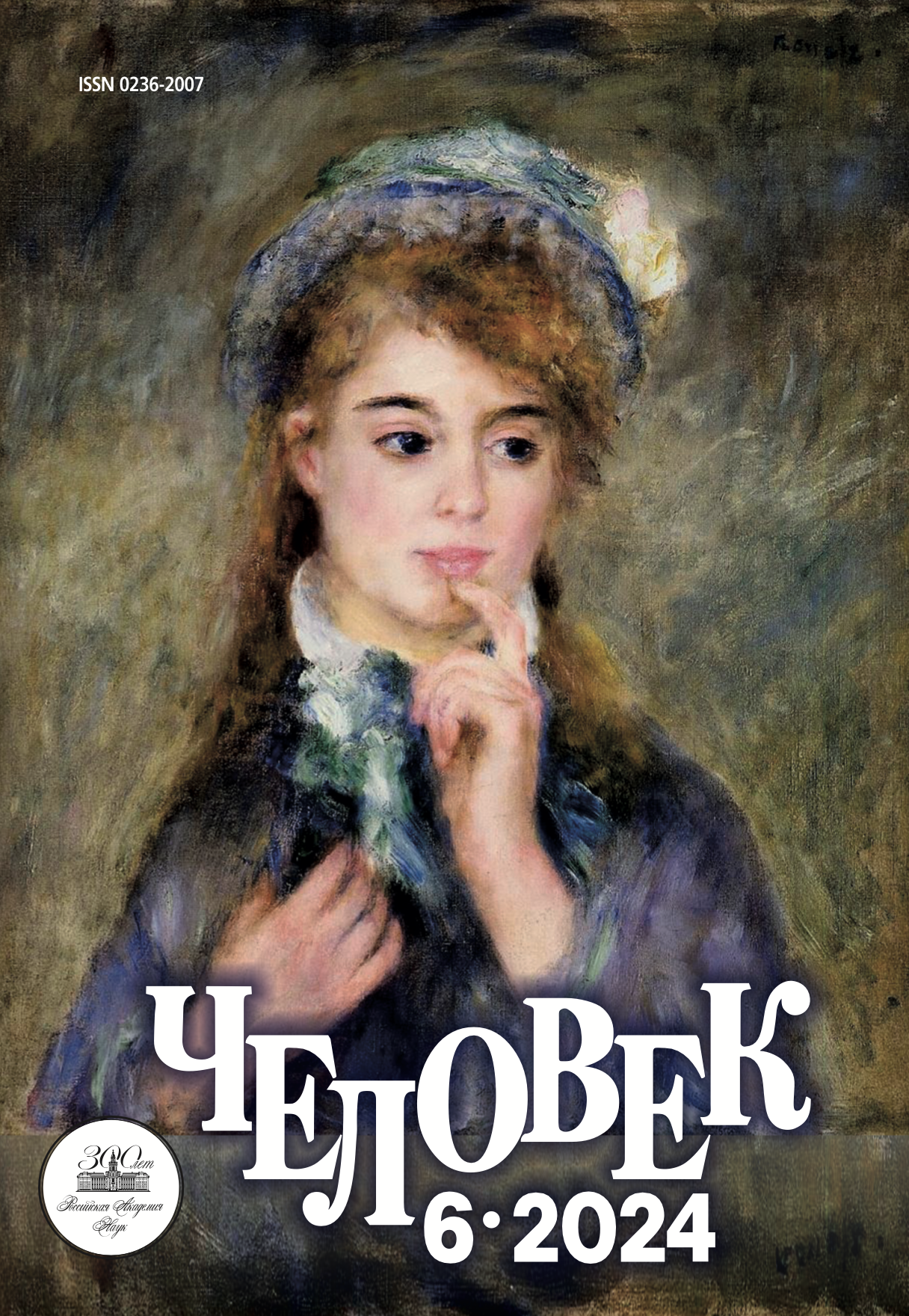Surrogacy As an Anthropological and Technoscientific Phenomenon
DOI:
https://doi.org/10.31857/S0236200724060048Keywords:
surrogacy, biotechnological image of childhood, family, ban on surrogacy, commercialization of the human body, reproductive technologies, laboratory intimacy, Casablanca Declaration, artificial womb, family valuesAbstract
The article examines the phenomenon of surrogacy, conducting an ethical analysis of the global ban on this practice, considering international trends, and presenting an analysis of the Russian specifics of its development. The global trend towards stricter regulation of surrogacy is analyzed, as reflected in the adoption of the Casablanca Declaration (2023), which calls for a global ban on the practice. It is demonstrated that Russia is also experiencing a tightening of control in the field of surrogacy. Meanwhile, financial interests in promoting surrogacy are driving attempts to control its perception through framing, representing it in a simplified and minimalistic way, adapting it to the existing socio-axiological context, and creating a positive image. This aims to interpret surrogacy as a humanistic practice based on the idea of a gift, displacing negative interpretations associated with the commodification and instrumentalization of the female body.
The article also explores the prospects for liberalizing surrogacy in connection with the potential legitimization of new medical technologies in biomedicine, such as donating the body of a deceased woman (with diagnosed brain death) and the emergence of an artificial womb. It is shown that surrogacy reflects the reality of the birth of a new form of intimacy, which can be termed laboratory or biotechnological intimacy. In this context, technology is increasingly becoming a crucial actor in the constitution of private life. A conclusion is drawn about the convergence of morally ambiguous practices in the context of modern technoscience, which involves the objectification of the human body and increased control in the field of reproductive relations. The problem of a hybrid family model in the context of surrogacy is also examined. It is demonstrated that the practice of surrogate motherhood has a significant impact on the formation of a biotechnological image of childhood and the medicalization of social institutions.






